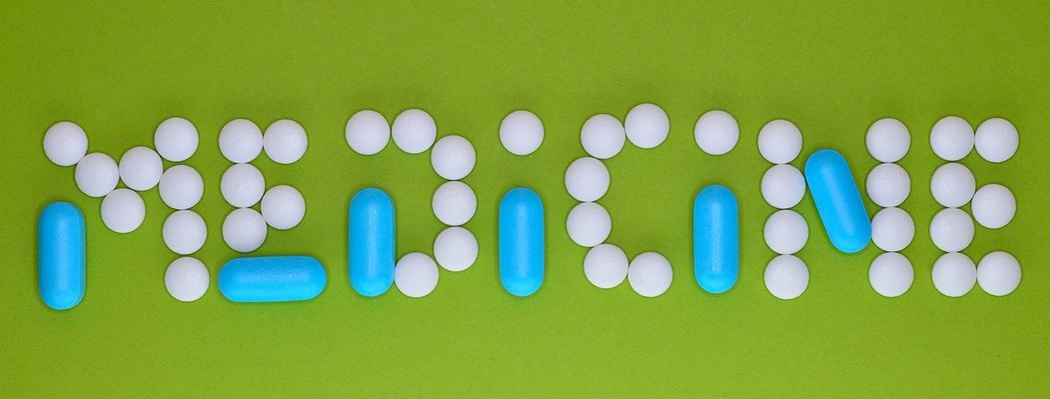School of Professional and Continuing Studies
THERAPEUTIC BEHAVIOR – PRACTICE AND CASEWORK

CURRENT ADMISSION
COURSE DESCRIPTION AND AIMS
The course "Therapeutic Behavior - Practice and Casework" aims to acquaint students with the main aspects of the behavior of the health consultant in communicating with the patient, his relatives, and the medical team. Practical cases are considered to help students acquire skills to file the necessary documentation, formulate the needs in any given case, to build trust and work with different groups of patients, resolve conflicts and increase the health motivation of the patient.
COURSE CONTENT:
LEARNING OUTCOMES
Students who complete this course:
1) will know:
- Basic concepts in medical communication with the patient
- Application of psychotherapeutic approaches in medical practice
- Characteristics of the role of the health consultant in the medical team
- Features of mental functions during illness
- Basic theories of stress, frustration, and deprivation
- Personality changes in chronic diseases
- Internal representation of the disease
- Attitudes, beliefs, and motivation in illness
2) will be able to:
-
To conduct a dynamic interview
- To provide emotional support to the patient in the treatment process
- To acquire and submit the necessary information for treatment and recovery after treatment
- To facilitate communication between the medical staff, the patient, and his / her relatives
- To implement crisis intervention
- To increase the motivation for an active and responsible attitude toward the healing process
Work experience:
Pan Family Center, Varna - Clinical Psychologist /2018- /
MHAT "St. Marina", Varna - Specialist in Clinical Psychology / 2014-2017 /
Medical University "Prof. Dr. Paraskev Stoyanov ”, PhD student in Medical Psychology /2014-2018/
“I Want a Baby” Foundation, Sofia - Psychologist /2009-2014/
Speech Therapy Center, Varna - Psychologist /2009-2014/
Association for Social Development and Integration, Varna - Psychologist /2008-2013/
Education:
Sofia University "St. Kliment Ohridsky", Master of Law /2002-2007/
New Bulgarian University, Bachelor of Psychology /2004-2008/
New Bulgarian University, Master of Speech Therapy /2009-2011/
Clinical psychologist /2018/
Doctor of Psychology /2018/
Research interests:
Developmental psychology; developmental disorders; anxiety disorders; psychosomatic disorders; medical psychology; research in the medical practice.
Scientific publications:
1. Pacholova Y., Stankova M., Todorov E., Adaptation in Bulgarian of the Language Development Survey as part of the Child Behavior Checklist for Ages 5-5 years, Bulgarian Journal of Psychology, 2010, 1-42. Todorov E., Stankova M., Pacholova Y. Initial data on the standardization of the Child Behavior Checklist for Ages 1.5-5 years / Language Development Survey and Caregiver-Teacher Report Form for Ages 1.5-5 years, Bulgarian Journal of Psychology, 2010, 1-4
3. Pacholova Y., Stankova M., Bozov, H. Early behavioral markers of autism spectrum disorders. Proceedings with the best papers from the 55th Annual Scientific Conference of the University of Ruse "Angel Kanchev", Ruse, 2016, ISSN 1311-3321, pp.340-344.
4. Pacholova Y., Early diagnosis of autism spectrum disorders, MU-Varna, Varna, 2018.
5. Georgiev K. Pacholova Y. Nikolov N. Results of ETF test in case of unilateral obstruction of the Eustachian tube. Military Medicine 4/2020 pp. 55-58 ISSN 1312-2746
6. Georgiev K. Pacholova Y. COVID-19 through the prism of telemedicine. Bulgarian Journal of Public Health 2020 Vol. XII, No. 4 pp. 3-8 ISSN 1313-860X
7. Georgiev K, Pacholova Y. Unilateral profound deafness - a possible mechanism. J of IMAB. 2021 Jul-Sep; 27 (3): 3829-3834.
8. Georgiev K., Mileva S., Pacholova Y., Teodorova I., Bonchev G., Shopov N.. Short-range telemedicine. Bulgarian Journal of Public Health. Sofia. 2021. Volume 13, Book 3, ISSN 1313-860X, pp.21-27
Other publications:
9. Meetings with Part III Family counseling in the treatment of infertility. Project of the National Program for Social and Psychological Support of Couples with Reproductive Problems. Sofia, 201210. Training of pedagogical specialists for prevention of school violence, aggression and other negative manifestations. Topic № 14 Self-expression through creativity and sports. Self-realization. Project of the Ministry of Education and Science "Qualification of pedagogical specialists". Sofia, 2013
Tuition fee: 100 Euro.
The course will be held with a group of 7 people.
For more information:
School of Professional and Continuing Education
New Bulgarian University, Building II, Office 208
Sofia, 1618, Bulgaria
Tel.: +3592/ 8110 110 (option 6)
E-mail: uppo@nbu.bg
Web: https://cpo.nbu.bg/
